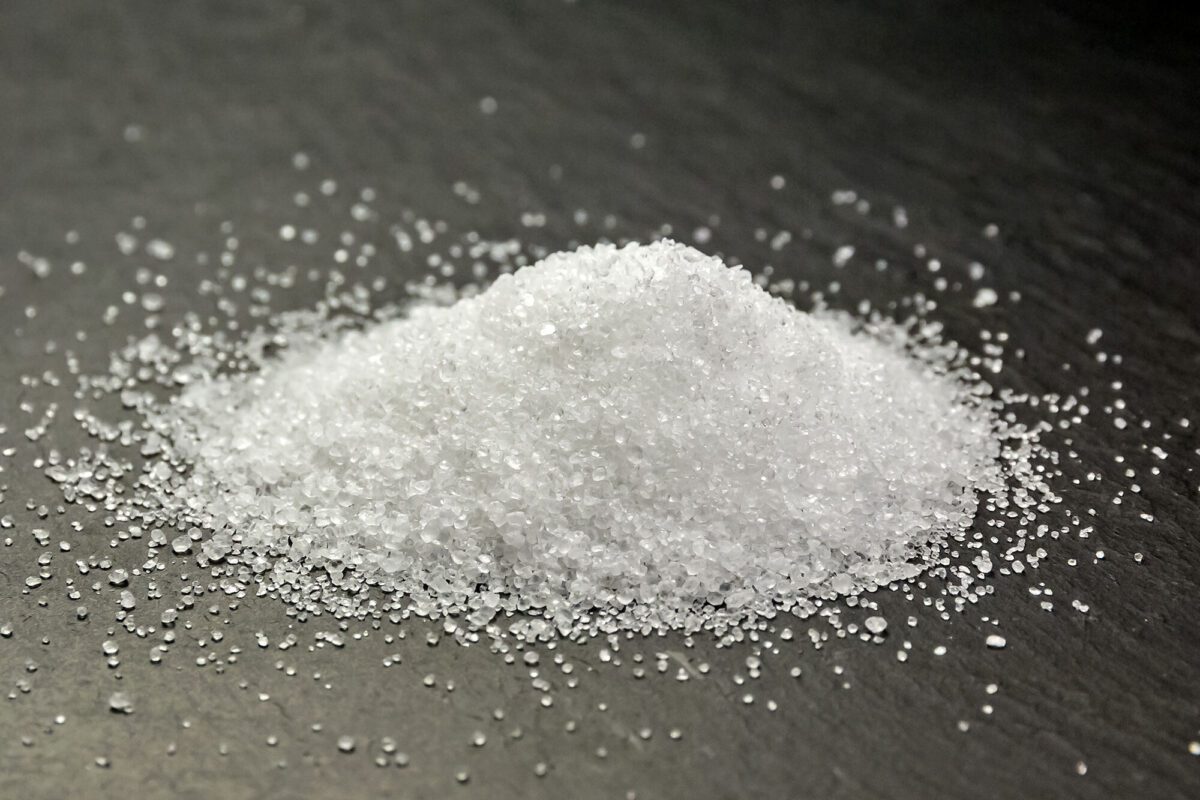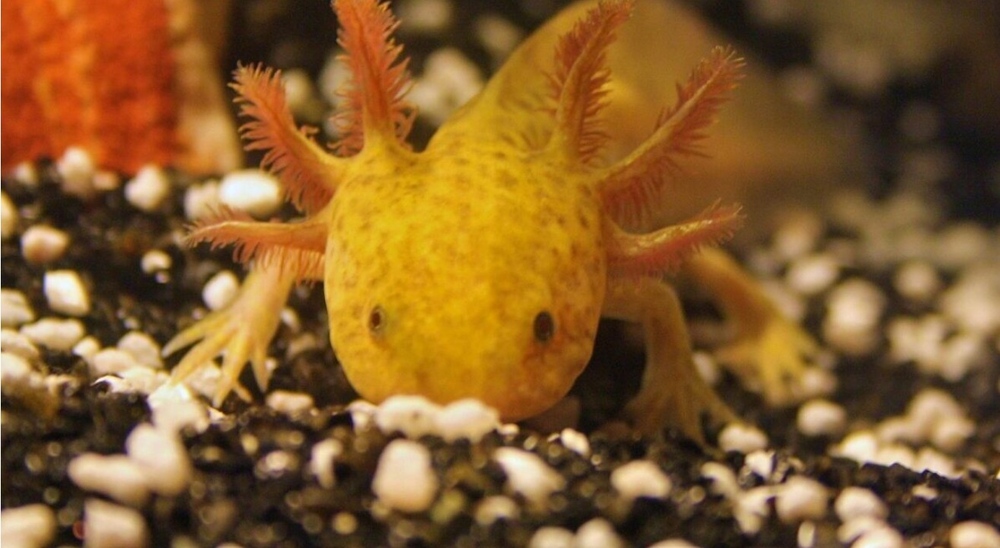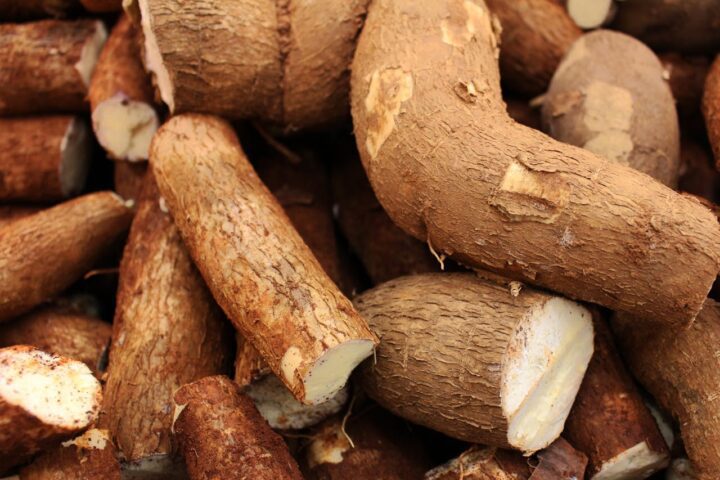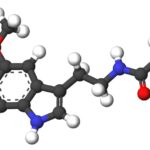New evidence suggests that the common artificial sweetener erythritol could pose dangers to the hearts of consumers. A new study conducted by Cleveland Clinic, involving 20 healthy adult volunteers found that at doses commonly found in a soda or muffin sweetened with erythritol, the sweetener was linked to increased blood platelet activity, which could make blood clots more likely. Blood clots can dislodge from blood vessels and reach the heart, triggering a heart attack, or travel to the brain, causing a stroke. Previous research has linked erythritol to an increased risk of stroke, heart attack, and death.
This effect was not observed with sugar, noted a team led by Dr. Stanley Hazen, Chair of Cardiovascular and Metabolic Sciences at the Lerner Research Institute of the Cleveland Clinic. “Many professional societies and physicians routinely recommend that individuals at high cardiovascular risk (those with obesity, diabetes, or metabolic syndrome) consume foods containing sugar substitutes instead of sugar,” Kazen explained in a Cleveland Clinic press release. He added “These findings underscore the importance of more long-term clinical studies to assess the cardiovascular safety of erythritol and other sugar substitutes,” Kazen said.
The findings were published in the August 8 edition of the journal Arteriosclerosis, Thrombosis, and Vascular Biology. The new study comes more than a year after Hazen’s team published similar results in the journal Nature Medicine. The study of nearly 1,200 people found that those with high levels of erythritol in their blood were up to twice as likely to suffer a heart attack or stroke compared to those with the lowest levels. At the time, lab research had suggested that erythritol produced this harmful effect on the heart by stimulating clot-forming platelets.
Erythritol is about 70% as sweet as sugar and is commercially produced by fermenting corn. It is found in many ketogenic and sugar-free foods, Hazen said, and is an ingredient in some Stevia, Splenda, and Truvia sweeteners “Sweeteners like erythritol, have rapidly increased in popularity in recent years but there needs to be more in-depth research into their long-term effects,” Hazen said when the Nature Medicine study was published. We produce it ourselves in our bodies, but in an amount that is one thousand to one million times less than when ingested in an artificially sweetened product that contains it.
In the new study, 20 healthy volunteers were given a dose of erythritol equivalent to that found in a sugar-free muffin or a can of diet soda. Blood levels of erythritol increased 1,000-fold shortly after, the researchers found, and this was accompanied by a significant increase in blood clot formation among the volunteers. “This research raises some concerns that a standard serving of a food or drink sweetened with erythritol could acutely stimulate a direct effect on clot formation,” noted study co-author Dr. W. H. Wilson Tang, Director of Research in Heart Failure and Cardiac Transplant Medicine at the Cleveland Clinic. “Erythritol and other sugar alcohols commonly used as sugar substitutes should be evaluated for potential long-term health effects, especially when such effects are not seen with glucose itself.”
The U.S. Food and Drug Administration (FDA) classifies erythritol as “generally recognized as safe” (GRAS). According to Hazen’s group, this is largely because erythritol is a sugar alcohol that is naturally found in fruits and vegetables and “a byproduct of glucose metabolism in human tissue, albeit in small amounts.” However, according to Hazen, the combined data from his team’s studies should give pause to consumers concerned about their weight. “I think opting for sugar-sweetened treats occasionally and in small amounts would be preferable to consuming foods and drinks sweetened with these sugar alcohols, especially for people at high risk of thrombosis, such as those with heart disease, diabetes, or metabolic syndrome,” Hazen advised.“Cardiovascular disease builds over time, and heart disease is the leading cause of death globally. We need to make sure the foods we eat aren’t hidden contributors.”
Similar Posts
In response to the study, the Calorie Control Council, an industry association, told CNN that 30 years of science have shown that erythritol is a “safe and effective option” for reducing sugar and calories.“Consumers should interpret the results of this pilot with extreme caution. The limited number of participants, a total of 10, were given an excessive amount of erythritol, nearly quadruple the maximum amount approved in any single beverage in the United States,” the council’s president, Carla Saunders, said in an email. However, the amount of erythritol used in each study beverage—30 grams—was equivalent to what is found in typical sugar-free sodas, ice creams, or muffins, which people often consume more than one of, Hazen pointed out.
What are Sugar Alcohols?
Like sorbitol and xylitol, erythritol is a sugar alcohol, a carbohydrate that naturally occurs in many fruits and vegetables. The human body also produces erythritol as a byproduct of glucose metabolism, but only in small quantities. Manufactured artificially in large amounts, erythritol leaves no aftertaste, does not raise blood sugar levels, and has less of a laxative effect than other sugar alcohols. It has about 70% of the sweetness of sugar and is considered zero-calorie, according to experts.
Erythritol is the most important ingredient by weight in many “natural” stevia and monk fruit products, Hazen said. It looks and tastes like sugar and can be used in baking. It is also a key ingredient in many keto-friendly products, such as ice cream. “If you look at the nutritional labels of many keto ice creams, you’ll see ‘sugar reducer’ or ‘sugar alcohol,’ which are terms for erythritol,” Hazen told CNN in an earlier interview. “You’ll see that a typical pint has between 26 and 45 grams.” Artificially created erythritol, along with its cousins, is considered “generally recognized as safe,” or GRAS, by the U.S. Food and Drug Administration (FDA).
A Series of Studies Show Similar Results
In the new study, published Thursday in the journal Arteriosclerosis, Thrombosis, and Vascular Biology, 20 participants were asked to fast overnight to prepare for a morning blood draw. They were then given a beverage with 30 grams of erythritol or 30 grams of sugar. After 30 minutes, their blood was drawn again. Blood levels of erythritol increased 1,000-fold after consuming the erythritol beverage, while blood sugar levels rose only slightly after the glucose beverage. However, the surprising finding was the change in platelet activity, according to Hazen. “We saw increased clotting, using measures of how quickly clots occlude a vessel or stop blood flow, which is like a model of a heart attack or stroke,” he said.
Similar results appeared in a 2023 study by Hazen and colleagues, where eight healthy volunteers also consumed the same amount of erythritol and saw a thousand-fold increase in the substance in their blood. “(Erythritol) remained elevated above the threshold needed to trigger and increase clotting risk for two to three days after,” Hazen said at the time. That study also analyzed the blood of more than 4,000 people from the United States and Europe and found that those with the highest levels of erythritol were twice as likely to suffer a heart attack or stroke.
“What we see with erythritol is that platelets become super-reactive: Just a mere 10% of a stimulant produces between 90% and 100% of clot formation,” Hazen states. The studies were conducted on healthy individuals without chronic illnesses; however, the study’s conclusions remain valid for the future, Hazen said. “However, if you look at middle-aged Americans, the average person has two to three risk factors for heart disease, and 70% of us will develop heart disease during our lifetime, so perhaps we should all consider taking action,” he stated.


















